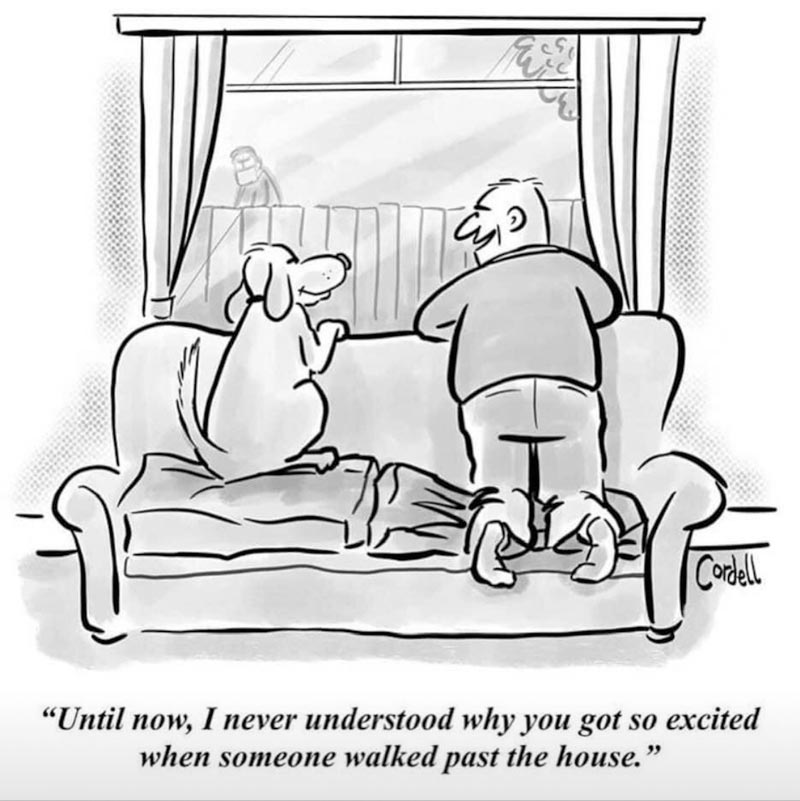Anxiety is big business
There is an incredible amount of time and money spent on the management of anxiety disorders in Australia.
Think about all the hours and dollars spent on therapy. Think about the drugs and alcohol used to medicate it, as well as prescribed medications. Think about all the yoga retreats, all the adrenaline based activities used to mask anxiety, all the meditation classes, all the television and streaming shows that people use to numb out to and avoid their every day angst. Think about the compulsive cleaning, the driven exercising, the obsession with clothes, cosmetics and looks pursued to manage negative feelings like anxiety.
Think too of the sick days, the lost productivity, the thwarted career ambitions, the early retirements and truncated careers that are caused by anxiety. Think about the relationship costs caused by loved ones being preoccupied, split off, not present.
No wonder there are so many pathways and so many experts on dealing with anxiety.
In psychology, the main therapies are CBT (Cognitive Behavioural Therapy), ACT (Acceptance Commitment Therapy) and DBT (Dialectical Behaviour Therapy). There are dozens of others besides these, but these are the current mainstays of modern psychology. These are manualised treatment approaches that require the therapist to follow a certain progression of interventions during the therapy session, as well as homework tasks outside of the session.
Experienced practitioners do not stick religiously to these manuals and most therapy is a hybrid of these and more humanistic, person-centred approaches. They are all useful approaches, and many of their strategies are just plain common sense.
However, there are four main points that are often forgotten about in the maelstrom of anxiety and its management. I think they are worth talking about. My hope is that whatever approach you take to manage your anxiety, you’ll do it more effectively and learn more about yourself in the process.
1. Anxiety is normal. We cannot get rid of it.
The reason I want to point this out is that many people come to therapy with an unconscious expectation that the end goal is some sort of nirvana where we always feel composed, relaxed, self-assured, playful, confident and blissful.
Of course, this is impossible. And if it is impossible, then we must learn to live with anxiety in a way where we can down regulate it when we need to. We cannot remove it or escape from it. Trying to do so just worsens anxiety and lowers our resilience in the face of it.
2. We must deal with anxiety head on.
Sometimes languages have hidden truths that even native speakers aren’t consciously aware of. In Spanish, the verb “to cope” is “enfrentarse”. This translates literally to face up to or to confront.
This expression is imbued with truth about how anxiety works. If we confront the thing that we are worried about, we down-regulate it. It doesn’t go away, but we are less overwhelmed, and we develop realistic strategies for moving forward.
We then cope with it.
Let me give you an example.
I had someone come to see me about her overwhelming anxiety about her impending wedding.
She was experiencing panic attacks and didn’t know why. She wanted me to give her a “coping strategy” to help her through the wedding day.
After some inquiring, it became clear that she wanted to get married and was looking forward to starting her new life with her partner.
When I asked her what scenario she dreaded at her wedding, it emerged she was scared her brother would get drunk, become obnoxious and start fights. She feared her brother turning her wedding into a disaster. It seems he had a track record of ruining important moments in her life.
When I asked her if she had talked to him or other family members about her concern, she said she feared her brother would take it badly and that strife might escalate between him and others, thus fulfilling her worst fears. She told me that she preferred to have a breathing strategy or something similar, so she could deal with it on her own without alienating her brother or raising tensions in her family.
I told her I could work with her on a coping strategy, but first I wanted to find out why she felt it was best to avoid dealing with the problem head on and stay worried and on edge. We explored her lifelong pattern of avoiding conflict and of trying to placate others and keep the peace in her loud, argumentative family.
In the end, after a couple of sessions with me, she spoke directly to her brother. He of course was angry and said he would not come to the wedding. At that point she wanted to ask for my fee back.
But then other family members rallied behind her and admonished her brother for being selfish and pointed out his pattern of behaviour. He changed his mind and reassured her that he would be on his best behaviour. In the long run, she had a perfect wedding and did not even need the traditional wedding Valium. Nor did she need a “coping strategy”.
By confronting the situation, setting boundaries in a non-escalating way, her anxiety literally vanished.
3. Anxiety and avoidance are intertwined.
They reinforce each other. (Theoreticians would say that the two things are related in a bidirectional feedback loop). I think the above story illustrates how anxiety leads to avoidance, and avoidance leads to less regulation of your emotions.
The more one is afraid of spiders, the more they avoid them, then the more they scream and hyperventilate when one comes close. As a result, they will be even more determined to steer clear of them or even pictures of them. Their sense of horror about snakes just grows. And so the spiral grows also.
It’s worth thinking about all the things you avoid and how there is an underlying and unarticulated anxiety lying at the base of these things.
A man who always had high libido, after years of marriage, avoided asking his wife for sex because he was anxious and fearful about being knocked back. He experienced a “no thanks” as a rejection of him and, without realizing it, he began to suppress his libido so he didn’t have to experience the thing he feared experiencing- being rejected. As a result, his sex life stagnated and his ability to deal with his wife’s unreliable libido never grew.
A 24-year-old woman has a ritual of checking light switches, taps, appliances, windows. She checks them all religiously several times before she goes to bed, and even then she sleeps lightly and patchily. Her checking is a way of avoiding a deeper, more global feeling that her world is out of control and that she has little mastery of it, and yet her checking behaviour does little to down-regulate these anxious feelings. Indeed, the checking behaviour just confirms the feeling that she has to be constantly watchful to stave off some disaster in her world.
4. We all have one or more existential fears that drive our anxiety.
If we can turn and face what it is, our anxiety will not so automatically and powerfully hook onto maladaptive coping behaviour. Irving Yalom describes four broad categories of driving concerns that we have about ourselves in this world.
They are:

- Fear of Death (which is sometimes experienced as a feeling of the abyss or nothingness, but is also sometimes felt as an impending sense of doom. Others can have a preoccupation with getting ill or dying.)
- Fear of Isolation
- Fear of Meaninglessness (When people are overwhelmed by this, we usually call it an existential crisis – when old methods of making our world meaningful and ourselves valuable no longer seem to hold up.)
- Fear of Freedom / Loss of Freedom (This one is interesting because even though we fear losing our freedom and agency, there is actually a fear and dread in exercising our agency. Sartre regarded this as a terrible burden which can drive anxiety and avoidance as much as any of the other three ultimate concerns.)
I once worked with a nurse who presented as having an anxiety disorder. But her biggest problem was that she spent nearly half her pay on recreational drugs. She barely had enough money for rent and food. Talk about an avoidance behaviour (drugs) and anxiety (financial) feeding back into each other!
As we talked it emerged that the reason she spent lots of time using drugs was (and I wasn’t aware before talking to her), “When you use drugs you’re always around people. There is always someone there.” Because she had moved to Brisbane 12 months before and she was constantly doing shift work, she had found it hard to make friends and find people to do things with. Her drug friends were easily available and she didn’t have to think about or feel her loneliness. Even when she could have made proactive steps to join groups and activities, she often stayed away because of her fear of not being good enough for others. Each of us have an ultimate existential concern that drives our anxiety, For her it was the fear of isolation
Like the old saying goes, I wish I had a dime for the number of people who couldn’t leave a toxic relationship. For many of these people it is the sheer terror of stepping out on their own and making a big decision for themselves to leave and then making all the subsequent smaller decisions by and for themselves. Sartre talks about the groundlessness we can feel when we decide to take up our freedom of choice.
But here is the golden rule. When you identify and confront these hidden fears (by talking about them and owning them) they become less powerful. They have less control over us and we are not as driven to avoid them.
There is so much more to say. Next time, I’ll expand on these four existential fears.
Until then, to invert a famous saying…..
May you rise up to meet the road ahead of you.








 I’m going to tell you about a woman who turned her life from cold pizza to hot pizza. But first………
I’m going to tell you about a woman who turned her life from cold pizza to hot pizza. But first………